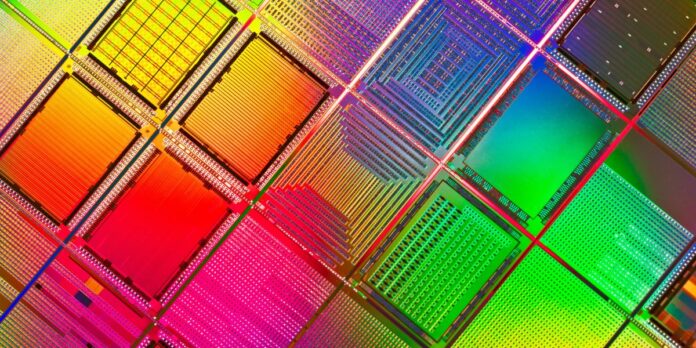The Biden administration is considering implementing more restrictions on the sales of semiconductor equipment and AI memory chips to China. This move would escalate the U.S. crackdown on Beijing’s tech ambitions but would not go as far as some previously considered stricter measures, as per sources familiar with the matter.
It is anticipated that these restrictions could be announced as early as next week, but the timing and specifics of the rules have changed multiple times. These measures come after extensive discussions among U.S. officials, negotiations with Japan and the Netherlands, and lobbying efforts by American chip equipment manufacturers who fear significant damage to their business from harsher restrictions.
The current proposal differs from earlier drafts in significant ways, according to the sources. One key change is the list of Chinese companies that will be subject to trade restrictions. While there were talks of sanctioning six suppliers to Huawei Technologies Co., the U.S. now plans to only add some of these suppliers to the entity list, excluding ChangXin Memory Technologies Inc. which is working on AI memory chip technology.
Representatives for the Commerce Department’s Bureau of Industry and Security and the National Security Council declined to comment. Japanese chip stocks experienced a surge in response to the news.
The proposed rules would also target two chip factories owned by Semiconductor Manufacturing International Corp., a chipmaking partner of Huawei. Additionally, over 100 Chinese companies that produce semiconductor manufacturing equipment would face entity listings. The U.S. could introduce new export control rules as soon as next Monday.
This represents a partial victory for American chip equipment manufacturers who have been advocating against unilateral U.S. restrictions on key Chinese companies, arguing that such measures put them at a disadvantage compared to foreign rivals whose governments have not imposed similar restrictions.
The new rules would impact some additional tool categories and exempt allies like Japan and the Netherlands from certain provisions. It remains to be seen if Japan or the Netherlands will impose their own restrictions on the Chinese companies targeted by the U.S.
The latest version of the U.S. controls would also encompass provisions related to high-bandwidth memory chips, crucial for artificial intelligence. Companies like Samsung Electronics Co., SK Hynix Inc., and Micron Technology Inc. are expected to be affected by these measures.




